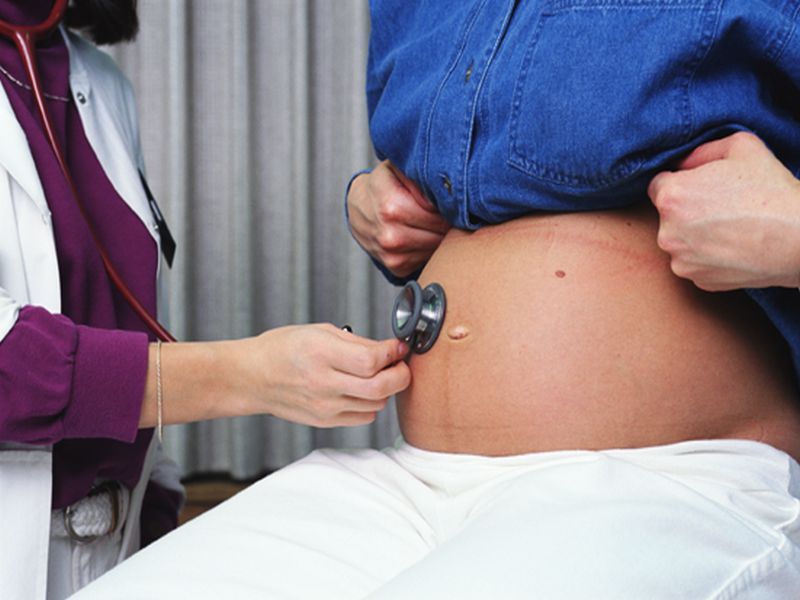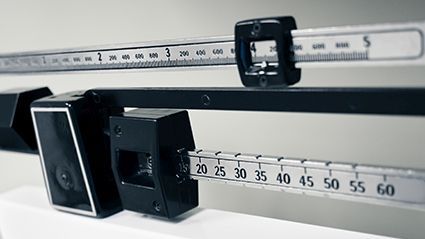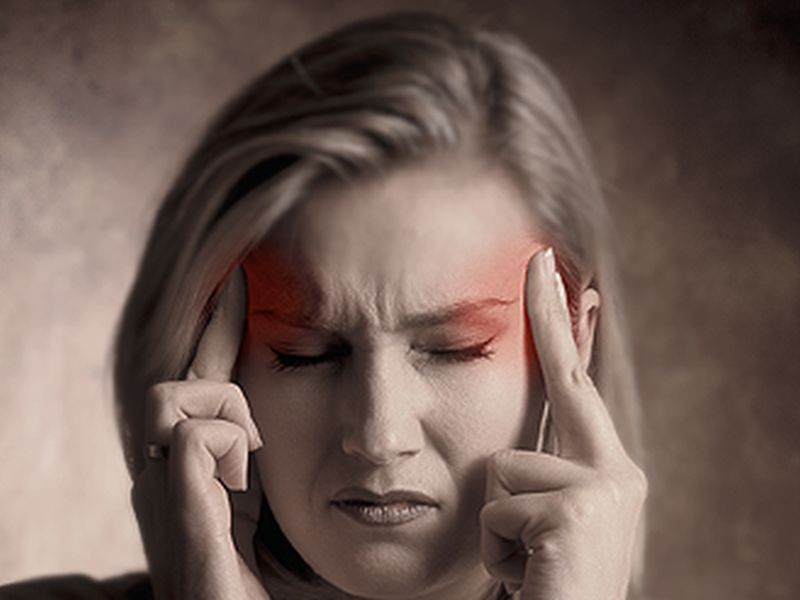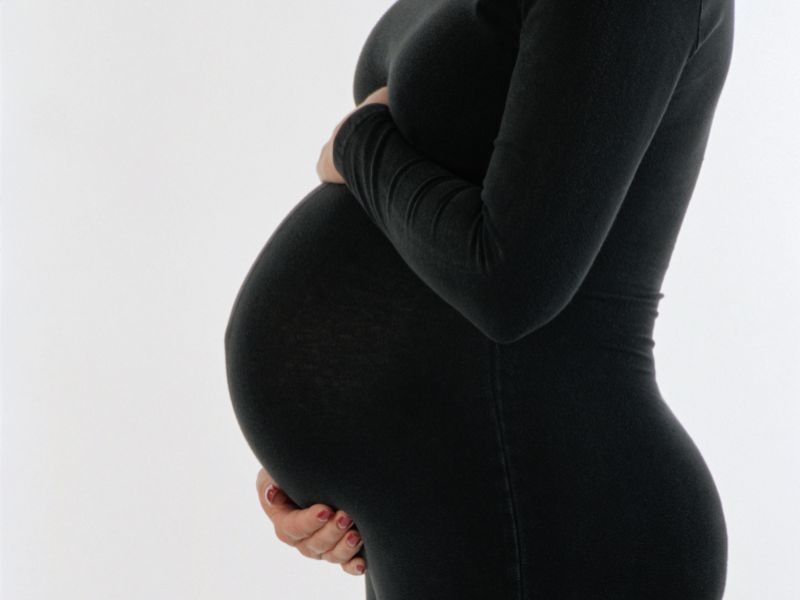
A strong immune response to the virus that causes COVID-19 by the placenta may help explain why infected pregnant women face a higher risk of complications, such as preterm birth and preeclampsia, researchers say. The Yale University team analyzed blood and placental tissue from 39 women at different stages of pregnancy. They detected evidence of… read on > read on >






























